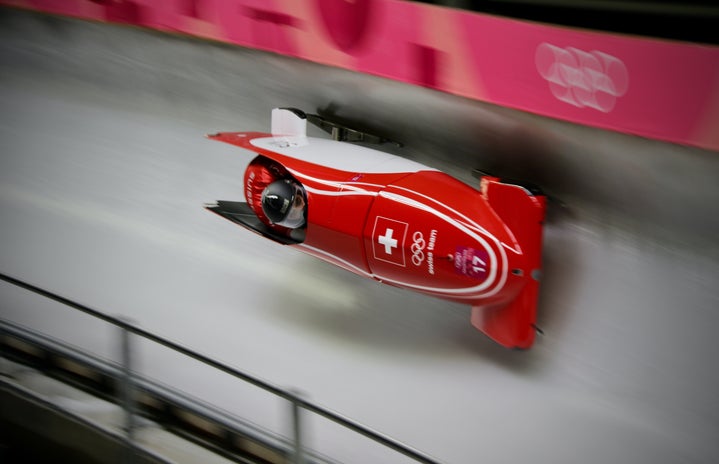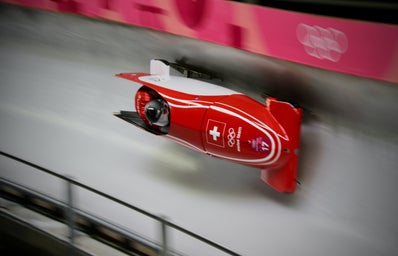With the Beijing winter Olympics drawing to a close it seems appropriate to reflect on the winter games, pick it apart, and look into the competition’s future. This week, Annie discusses the statistics of the Winter Olympics, analysing whether the involvement reflects society, truly.
With the Winter Olympics only forming in the mid-1920s, it is likely to forever remain in the shadow of its much older sibling. With less than half of the countries competing in Winter, than Summer (and approximately 60% less athletes taking part) the snow dusted competition seems to repeatedly fail to match the mark of its more famous relative.
It can be speculated that a key part of the problem facing the Winter games is the accessibility of the sporting events on show; both to the individual watching at home and to entire countries. The events largely demand natural sub-zero temperatures and high levels of air moisture meaning athletes have huge discrepancies in their access to the conditions required to training depending on their home country. This huge problem of accessibility to the necessary conditions is clear with even 2020’s host country itself incapable of constructing the necessary snowy infrastructure for the competition and consequently relying heavily on supplements of man-made snow.
So then, where accessibility is a challenge, it follows that inclusion and diversity are, all too often, jeopardized.
Millions are invested into athletes every year in the form of coaches, equipment, and training facilities. So, when countries are unable to offer local facilities for training, athletes are forced to relocate at additional personal expense. For developing countries, the potential benefits are often too little to battle the significant costs meaning without additional investment these athletes remain excluded from the games altogether.
However, this year a rather succinct way of promoting equity has appeared in the form of a new event. The monobob. The event is a single competitor version of its team equivalent (the bobsleigh). What’s more, as a new event, the sleds themselves have been provided by the Games Committee so fairness has been ensured on that front. And, in an attempt to level the playing field this event has launched as a one(wo)man only event. There has been no men’s racing in monobobs only women’s.
However, is this great step forward really that great?
For me, a female viewer at home it’s definitely nice to have some balancing of the ancient scales, but I certainly can’t send a postal application to the Olympic committee to receive one competition grade monosleigh within 4-7 working days and then pop down to a local ski centre and give it a whirl…
Obviously, I’m loading up intense hyperbole here but the question remains as to what tangible progress will be derived from this new event? For trained athletes from developing countries barriers will still prevent them from entering in the event at the next Olympic games.
So while it is good… there’s significant clouding surrounding just how good.
However, there has been one indisputable moment of the Beijing games truly worth celebrating. Erin Jackson of the USA winning her speed skating event to become the first black woman to win gold in an individual event at the Winter Olympics. This is a victory that represents real strives for diversity and inclusion at the winter games and in the world of sport generally, and will inspire many more to come. What’s more, Erin Jackson’s story is one that demonstrates real human drive and compassion as her fall in qualifiers meant she didn’t initially reach the final but through the selfless act of a teammate she took another’s place and proceeded to win gold and make history.
So, while it seems certain the winter games will forever remain a B-side status, when the games can be used to drive forward societal progression they certainly cannot be struck off as redundant.
But the Winter games do need to win our attention. More needs to be invested into athletes from minority backgrounds and opportunities need to be created for more people to get involved.

